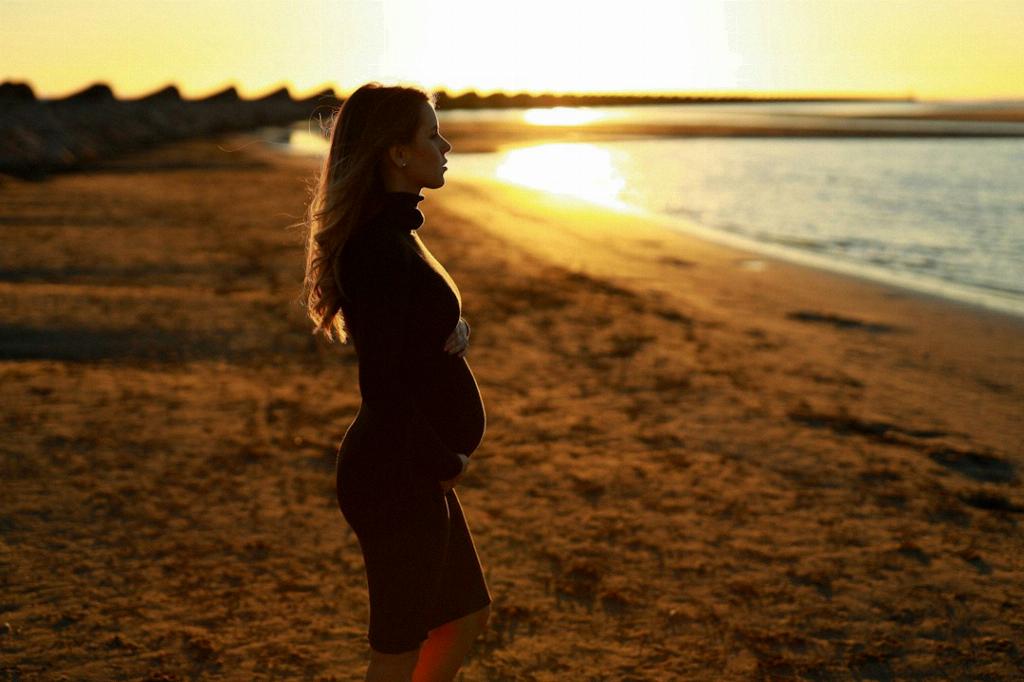Lower abdominal pain during pregnancy can be a common occurrence due to the changes happening in your body. It can range from mild discomfort to sharp pains. While some amount of abdominal discomfort is normal in pregnancy, severe or persistent pain should always be evaluated by a healthcare provider to rule out any complications.
Stay Hydrated
Drinking plenty of fluids is essential to help alleviate lower abdominal pain during pregnancy. Water and clear liquids can help keep you hydrated and may reduce the intensity of the discomfort you are feeling.
Small, Frequent Meals
Opting for small, frequent meals throughout the day can assist in managing lower abdominal pain. Eating bland, low-fat foods such as plain rice, broiled chicken, toast, and yogurt may help soothe your stomach and alleviate some of the pain you are experiencing.
Rest and Relaxation
Taking time to rest and relax can also contribute to reducing lower abdominal pain during pregnancy. Finding moments to unwind, practice deep breathing exercises, or engage in activities that help you de-stress can be beneficial in managing discomfort.
Proper Posture
Ensuring good posture can help alleviate strain on your lower abdomen. Maintaining proper posture while sitting, standing, and sleeping can reduce the pressure on your abdominal muscles and potentially decrease the intensity of the pain.
Gentle Exercise
Engaging in gentle exercises approved by your healthcare provider can aid in managing lower abdominal pain. Activities like prenatal yoga or walking can help strengthen your core muscles and improve circulation, potentially reducing discomfort.
Heat Therapy
Applying a warm compress to your lower abdomen can provide relief from pain during pregnancy. Heat therapy can help relax muscles, increase blood flow, and alleviate discomfort in the abdominal region.
Proper Support
Wearing supportive maternity clothing or using a pregnancy support belt can help reduce strain on your lower abdomen. Proper support can alleviate pressure on your muscles and ligaments, potentially easing the pain you are experiencing.
Consult Your Healthcare Provider
If you are experiencing persistent or severe lower abdominal pain during pregnancy, it is crucial to consult your healthcare provider. They can assess your symptoms, perform necessary tests, and provide you with tailored guidance on managing the discomfort effectively.
Monitor Your Symptoms
Keeping track of your symptoms and any triggers that exacerbate lower abdominal pain is important. By monitoring your condition, you can identify patterns, make lifestyle adjustments, and communicate effectively with your healthcare provider about your concerns.
Stay Calm and Positive
Maintaining a positive mindset and staying calm can help you cope with lower abdominal pain during pregnancy. Practicing relaxation techniques, seeking support from loved ones, and focusing on the joy of expecting a baby can aid in managing discomfort.
Seek Emotional Support
Dealing with lower abdominal pain during pregnancy can be emotionally challenging. Seeking emotional support from a counselor, therapist, or support group can provide you with a safe space to express your feelings, fears, and concerns about the pain you are experiencing.
Conclusion
In conclusion, addressing lower abdominal pain during pregnancy involves a combination of self-care strategies, medical advice, and emotional support. By staying hydrated, practicing good posture, engaging in gentle exercise, and consulting your healthcare provider, you can effectively manage and alleviate discomfort in your lower abdominal region.

